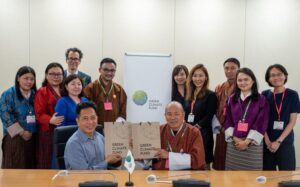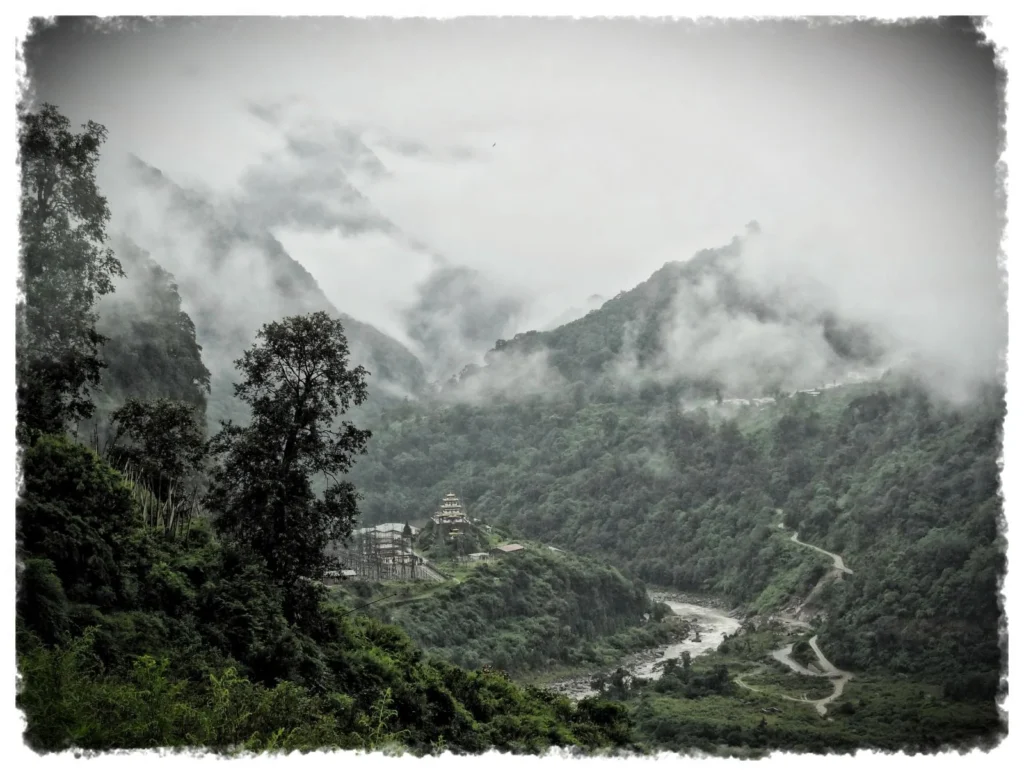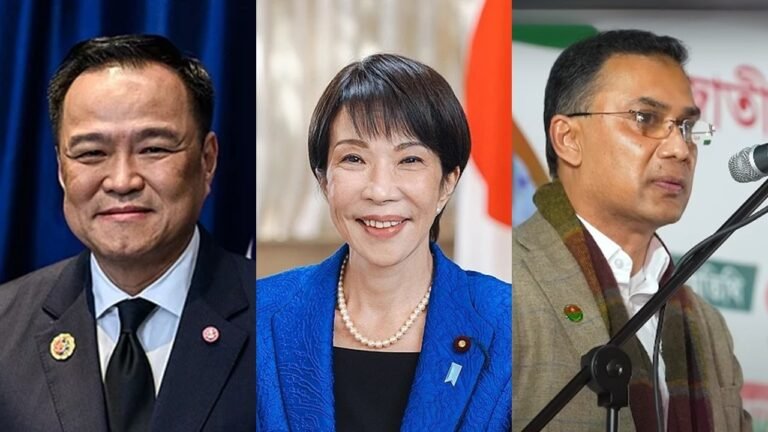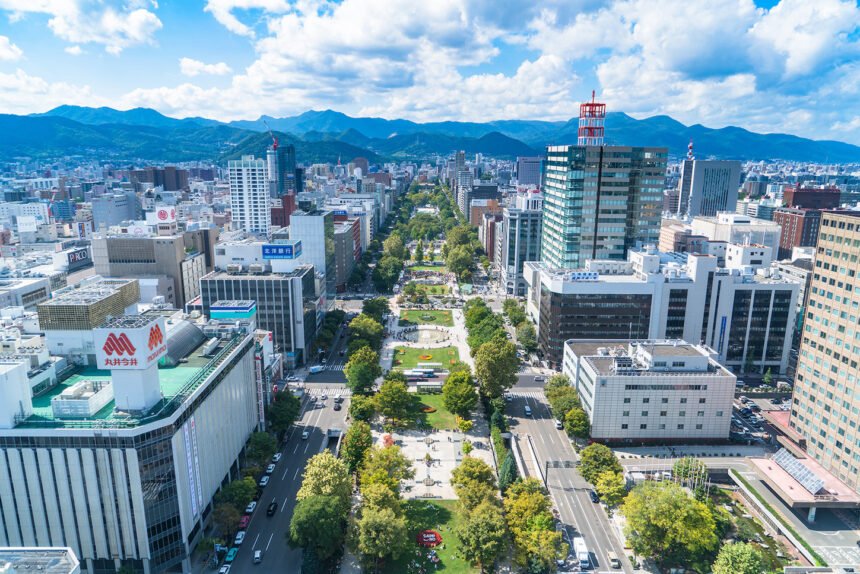At the Sth Korea 39th BOD Meeting July 2024, Access Entity (DAE) in Bhutan set to implement a climate resilience project in the country.
Image Credit: Rajeev Rajagopalan CC BY-SA 2.0
In just one day, a Green Climate Fund project in Bhutan moved from Board approval to Funded Activity Agreements (FAA) signing, to disbursement – setting a record for the fastest delivery. 10 projects approved- 1 for Bhutan with direct access.
One of the fastest growing economies in South Asia, the Kingdom of Bhutan is a landlocked country in the Eastern Himalayas between China and India with a population of over 727,145. According to the World Bank, Bhutan’s economy is expected to grow by 5.7% in FY24/25, supported by higher electricity production alongside growth in mining, manufacturing, and tourism.
Pro-climate policies are embedded in Bhutan’s constitution, which mandates that 60% of its land must be under forest cover.
Celebrating a Carbon Negative status, Bhutan is a leader in its forest management and carbon sequestration efforts.
Bhutan’s vulnerability to the impacts of climate change is primarily from the fragile mountainous environment, and their dependency on agriculture and hydropower generation for economic development. In Bhutan, hydropower is an important revenue source for the government. Given the country’s limited economic diversification, hydropower disruptions from climate change events and long-term trends can lead to outsized economic impacts. Bhutan is also exposed to hazards such as flash floods, including glacial lake outburst floods, forest fires, storms, and landslides. Bhutan’s Third National Communication to the UNFCCC (NC3) (2021) identified the impacts of climate change on key sectors of Bhutan such as water, agriculture, energy (hydropower), human health, and glaciers, highlighting the high degree of vulnerability of the country.
- SAP038: Climate Adaptation, Resilience and Engagement in Local Governments (CARE-LG) with Bhutan Trust Fund for Environmental Conservation (BTFEC)

Project Name: Climate Adaptation, Resilience, and Engagement in Local Governments (CARE-LG)
- SAP038: Climate Adaptation, Resilience and Engagement in Local Governments (CARE-LG) with Bhutan Trust Fund for Environmental Conservation (BTFEC)
The CARE-LG project aims to enhance both technical and institutional adaptive capacities within local governments. It emphasizes locally led climate-responsive practices, placing local communities at the forefront of adaptation planning and budgeting.
Key features are a Community Focus with projects targeting the most vulnerable communities identified in Bhutan’s 2023 Climate Vulnerability Risk Assessment Report, Gender-Friendly Farm Mechanisation supporting sustainable agriculture practices, and Co-Execution for the project to be jointly executed by the Department of Planning, Budget, and Performance of the Ministry of Finance, and the Department of Local Governance and Disaster Management of the Ministry of Home Affairs.
The Green Climate announcement HERE+













